Modus Vivendi 1441 SE 122nd Avenue

Overview
Modus Vivendi 1441 SE 122nd Avenue is a substance abuse treatment center for people seeking treatment near Multnomah County. As part of their treatment modalities for recovery, Modus Vivendi 1441 SE 122nd Avenue provides cognitive behavioral therapy, telemedicine/telehealth therapy, and substance use disorder counseling during treatment. Modus Vivendi 1441 SE 122nd Avenue is located in Portland, Oregon, accepting cash or self-payment for treatment.
Modus Vivendi 1441 SE 122nd Avenue at a Glance
Payment Options
- Cash or self-payment
- Medicaid
- State-financed health insurance plan other than Medicaid
- Private health insurance
- Federal, or any government funding for substance use treatment programs
Assessments
- Screening for tobacco use
- Comprehensive substance use assessment
- Interim services for clients
- Outreach to persons in the community
- Screening for mental disorders
Age Groups
- Young adults
- Adults
- Seniors
Ancillary Services
- Case management service
- Specially designed program for DUI/DWI clients
- Child care for client's children
- Domestic violence services, including family or partner
- Social skills development
Highlights About Modus Vivendi 1441 SE 122nd Avenue
6.92/10
With an overall rating of 6.92/10, this facility has following balanced range of services. Alcohol Rehabilitation: 8.00/10, Drug Rehab and Detox: 6.00/10, Insurance and Payments: 6.00/10, Treatment Options: 7.70/10.-
Alcohol Rehabilitation 8.00
-
Treatment Options 7.70
-
Drug Rehab and Detox 6.00
-
Insurance and Payments 6.00
Treatment At Modus Vivendi 1441 SE 122nd Avenue
Treatment Conditions
- Alcoholism
- Substance use treatment
Care Levels
- Outpatient
- Intensive outpatient treatment
- Regular outpatient treatment
- Aftercare
Treatment Modalities
- Cognitive behavioral therapy
- Telemedicine/telehealth therapy
- Substance use disorder counseling
- Trauma-related counseling
- Smoking/vaping/tobacco cessation counseling
Ancillary Services
Languages
- Other languages (excluding Spanish)
- Russian
Additional Services
- Pharmacotherapies administered during treatment
- Mentoring/peer support
- Breathalyzer or blood alcohol testing
Special Programs
- Criminal justice (other than DUI/DWI)/Forensic clients
- Clients who have experienced intimate partner violence, domestic violence
- Clients who have experienced trauma
Get Help Now
Common Questions About Modus Vivendi 1441 SE 122nd Avenue
Contact Information
Other Facilities in Portland
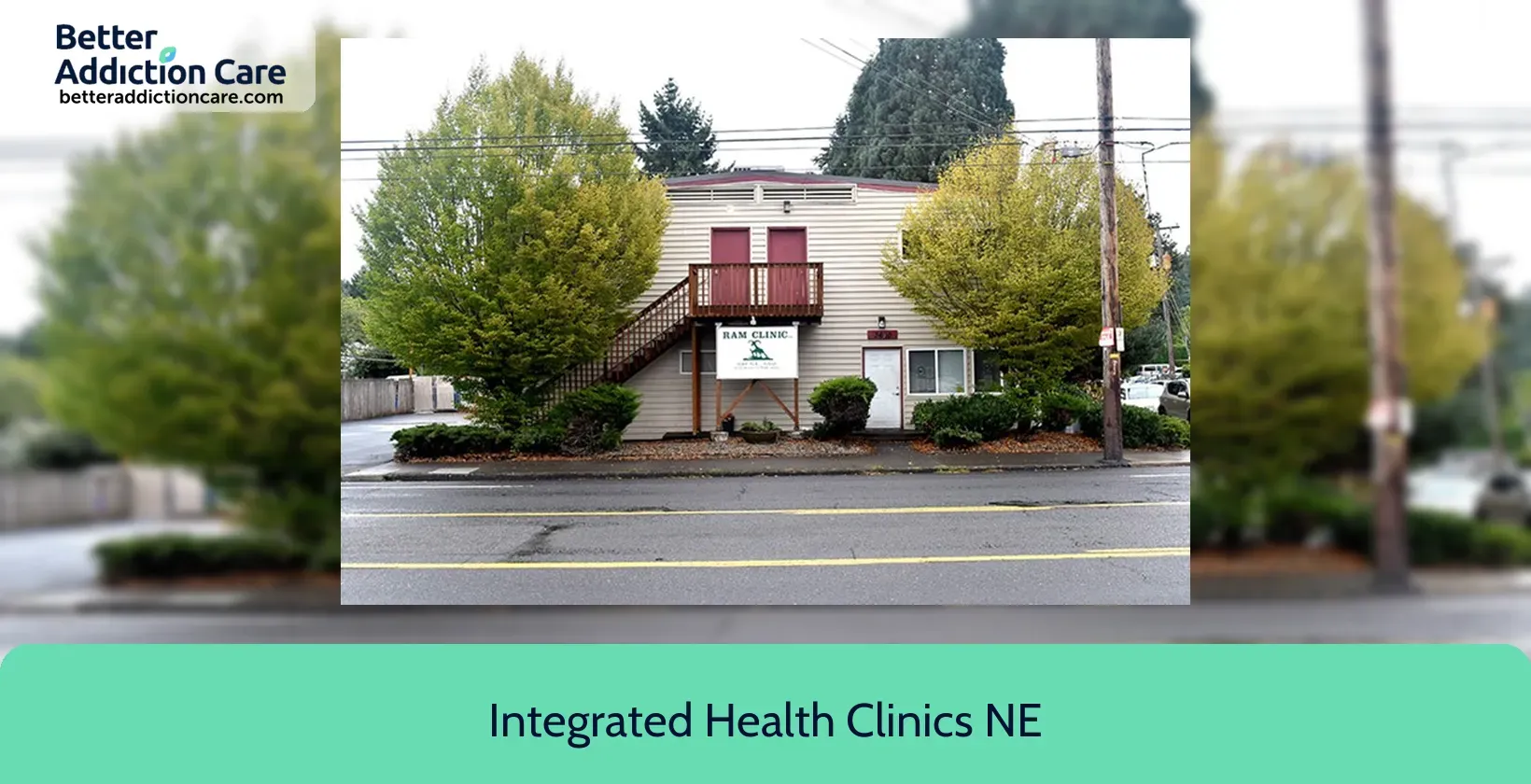
6.97
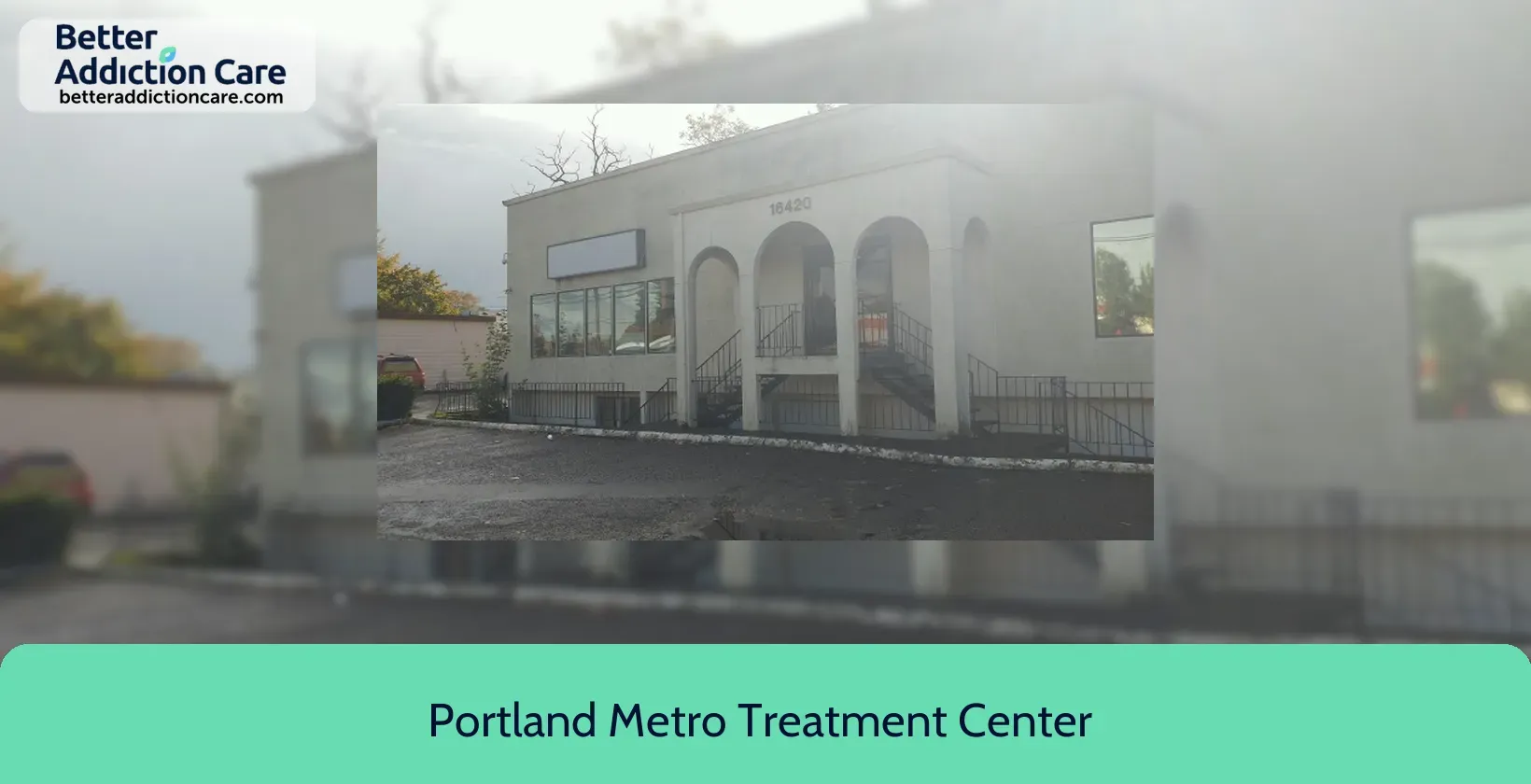
7.10
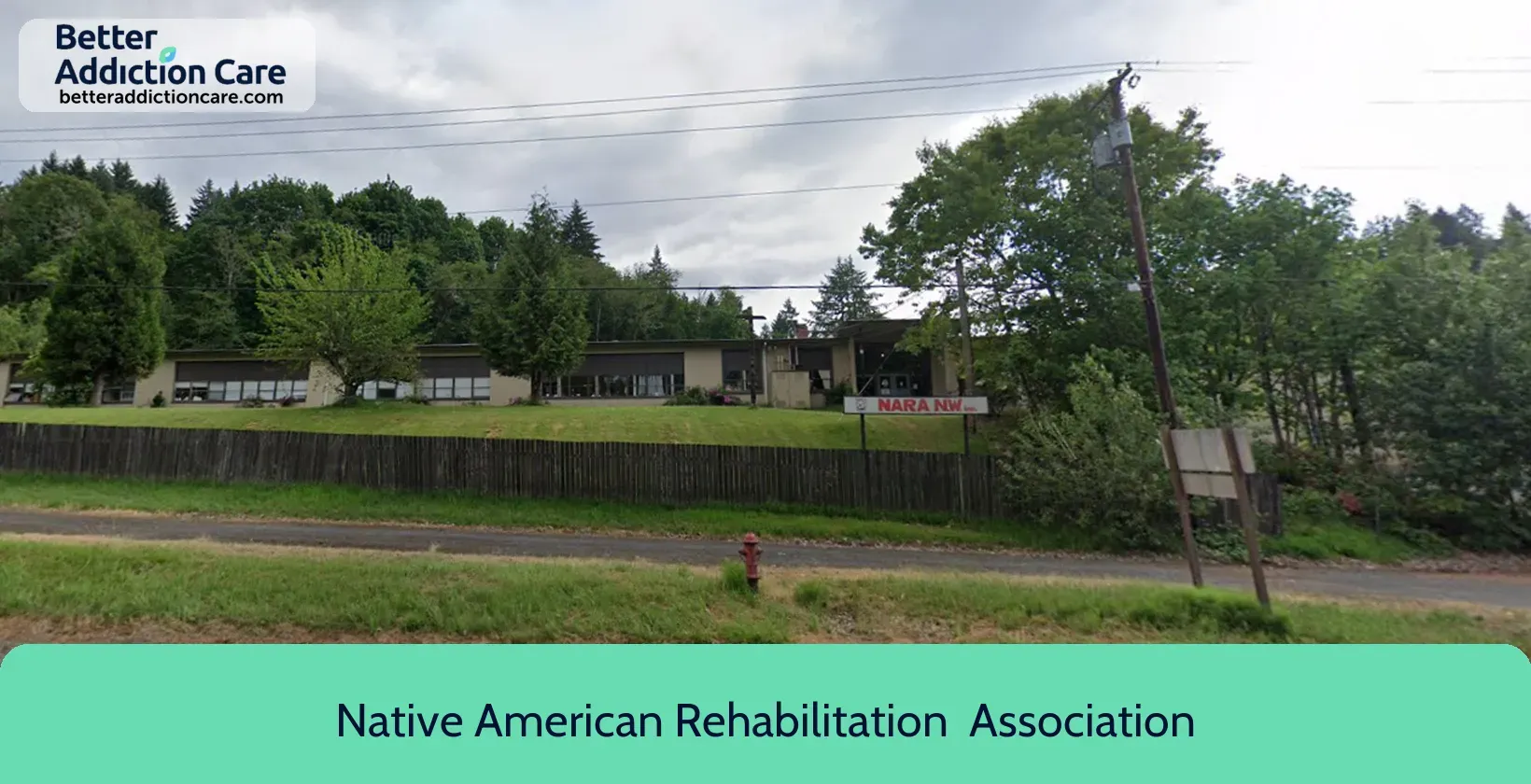
7.26
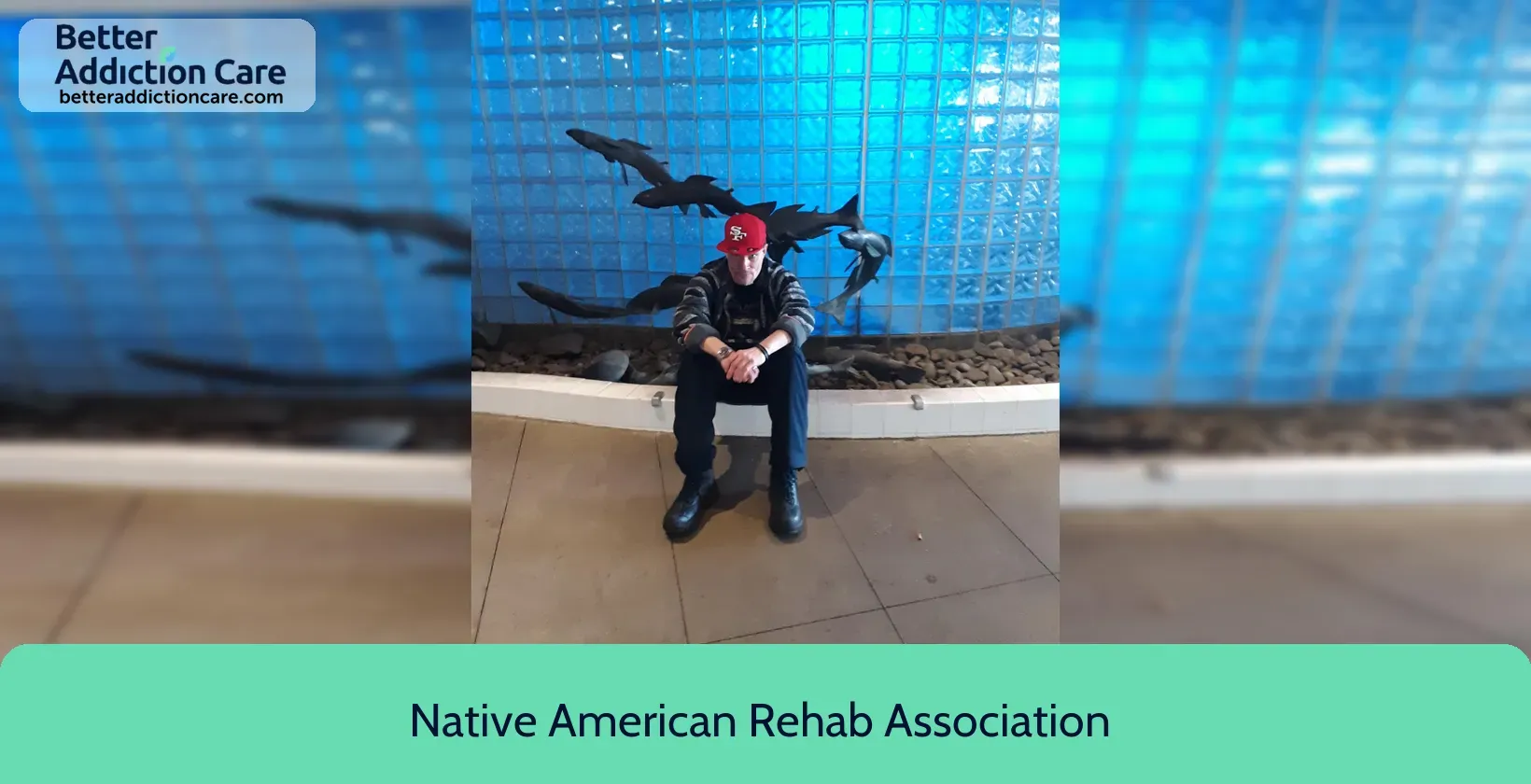
6.68
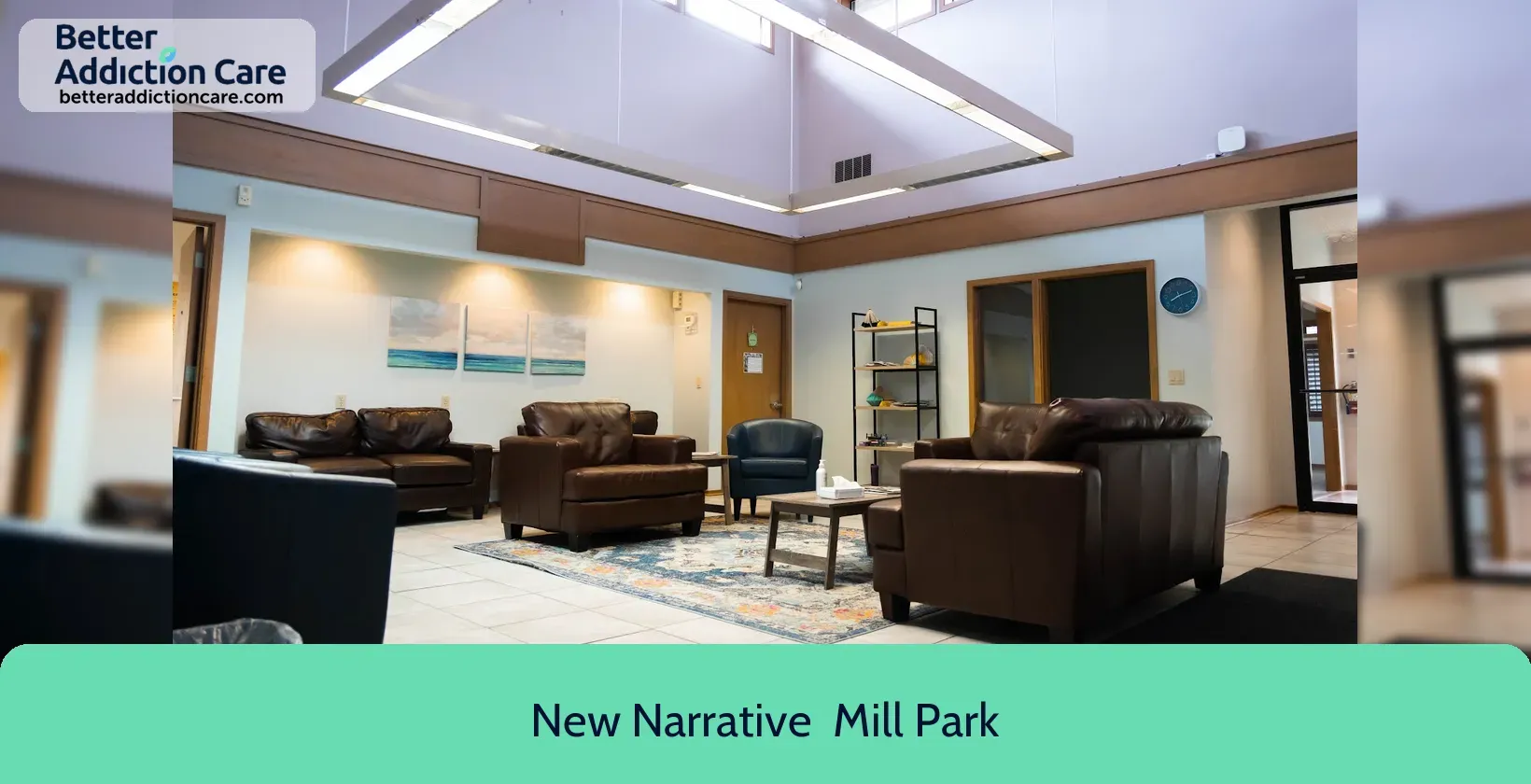
6.68
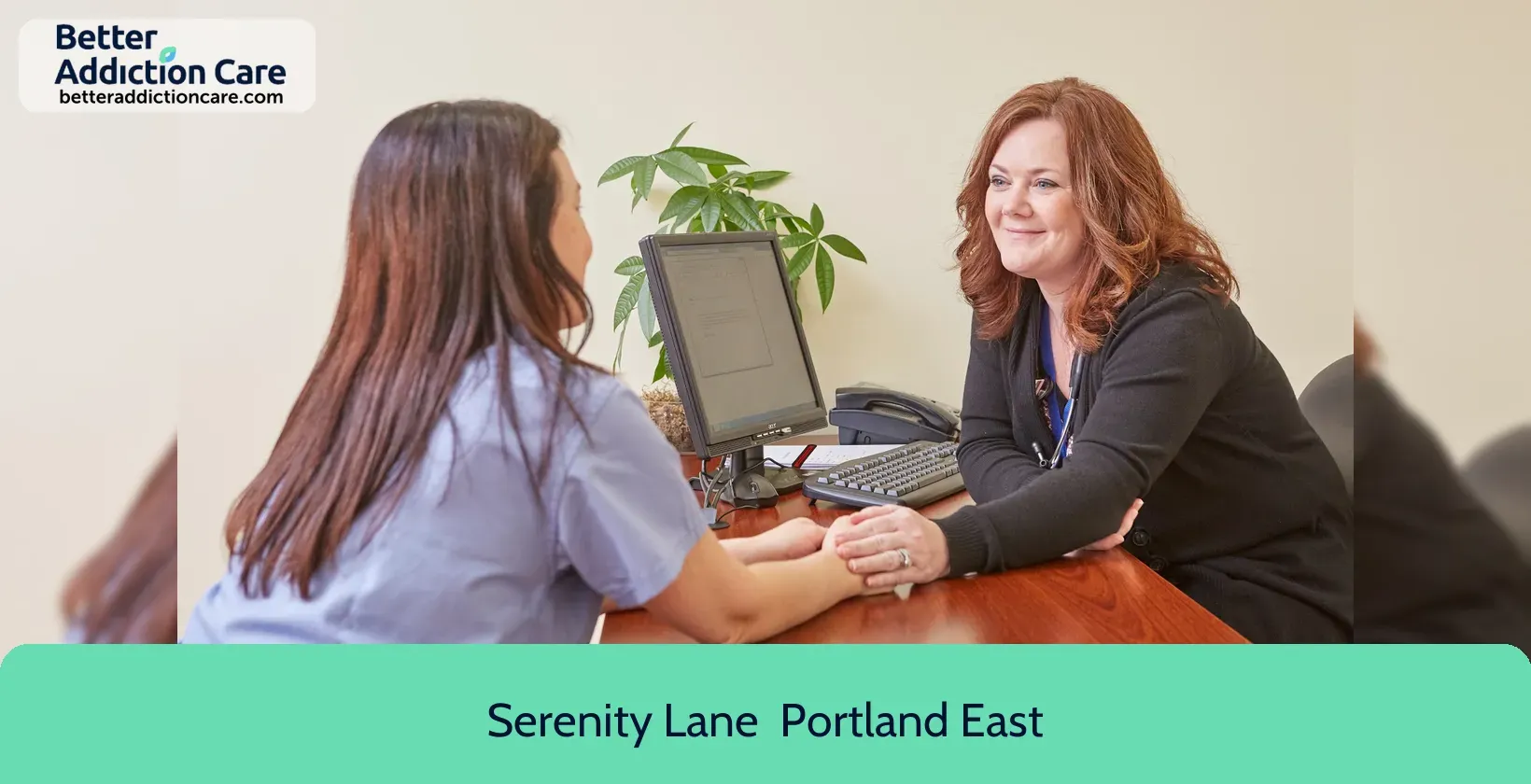
6.96
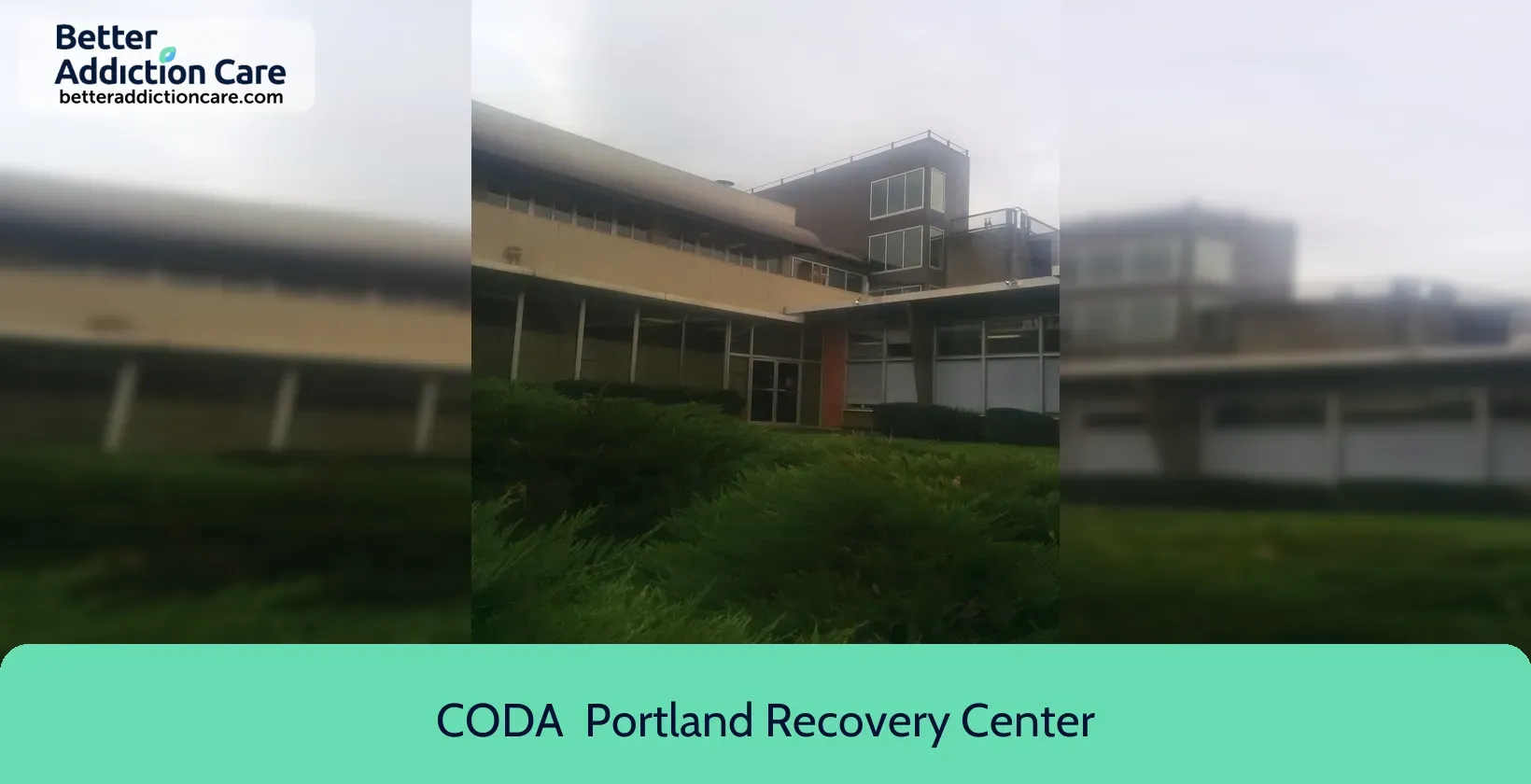
7.43
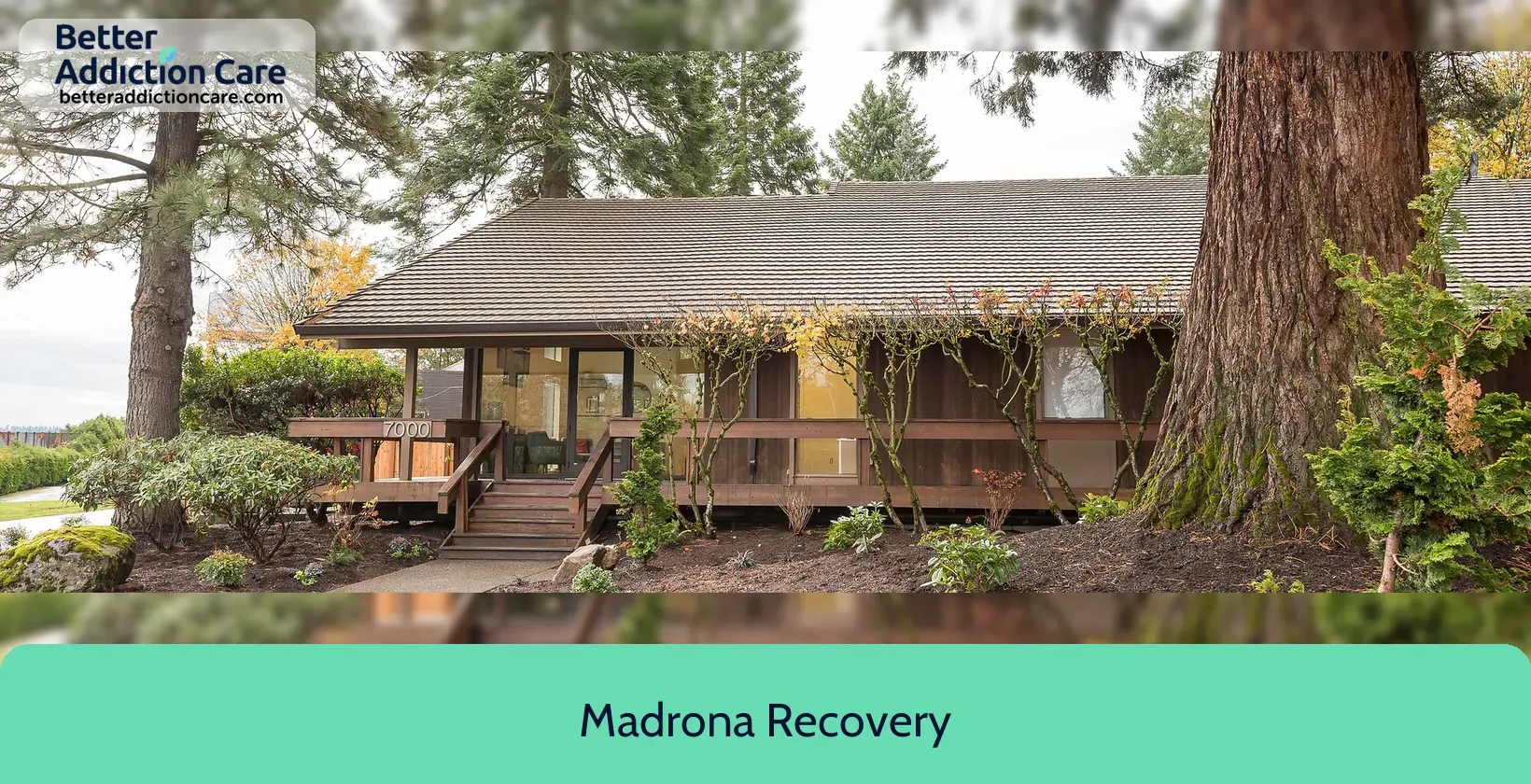
7.68
DISCLAIMER: The facility name, logo and brand are the property and registered trademarks of Madrona Recovery, and are being used for identification and informational purposes only. Use of these names, logos and brands shall not imply endorsement. BetterAddictionCare.com is not affiliated with or sponsored by Madrona Recovery.
